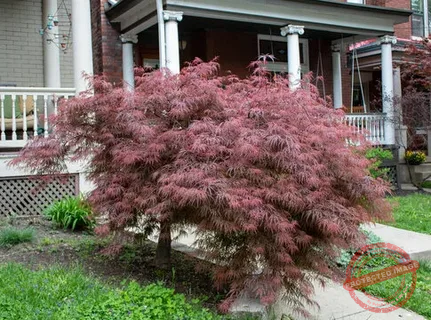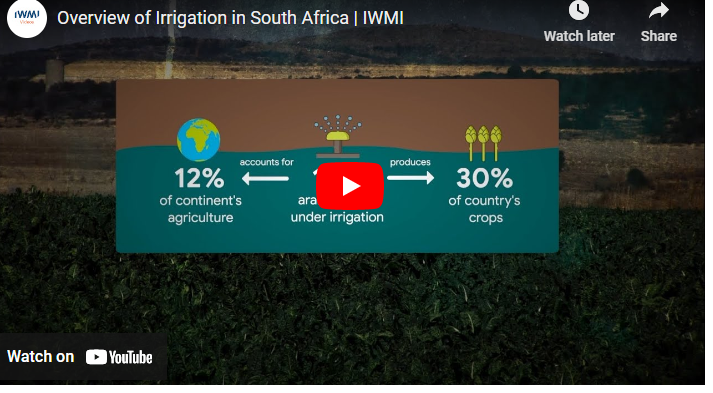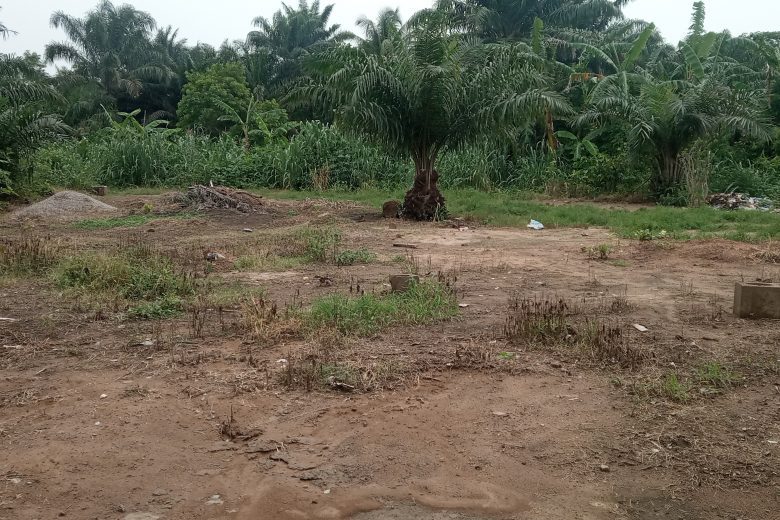Beans are an important part of a balanced diet and are grown all over the world. In Kenya, beans are a staple crop, providing much of the protein for the population. To ensure a healthy harvest, it is important to use the right fertilizer.
Here is a guide to the best fertilizer for beans in Kenya but before that, the best bean fertilizer in Kenya for robust yield is organic fertilizer such as compost manure or poultry dropping.
15 Best Beans Fertilizer In Kenya
1. Organic Fertilizers
Organic fertilizers are made from natural materials and are becoming increasingly popular among Kenyan farmers.
Organic fertilizers, such as compost, manure, and bone meal, are perfect for beans as they provide slow-release nutrition over a long period of time.
These fertilizers help improve soil quality and provide essential nutrients such as nitrogen, phosphorus, and potassium. Organic fertilizers are also more cost-effective than synthetic fertilizers.
2. Synthetic Fertilizers [Inorganic]
Synthetic fertilizers are made from chemicals and provide a quick release of plant nutrition. They are a good choice for farmers who want to get a quick result and are looking for a higher yield.
Synthetic fertilizers are often used in combination with organic fertilizers to provide a balance of nutrients. In Kenya, some of the most popular synthetic fertilizers for beans are urea, ammonium nitrate, and potassium sulfate.
3. Foliar Fertilizers
Foliar fertilizers are applied directly to the leaves of the plant, rather than the soil. These fertilizers are used to supplement soil nutrition and are especially useful in areas where the soil quality is poor.
Foliar fertilizers are applied through a spray and provide essential nutrients such as nitrogen, phosphorus, potassium, and sulfur. In Kenya, some of the most popular foliar fertilizers for beans include seaweed extract and fish emulsion.
List of Best Fertilizer For Beans in Kenya
1. Organic Compost
Beans benefit greatly from the delayed release of nutrients found in organic compost. Scraps from the kitchen, yard trimmings, and fallen leaves are just some of the resources that can be used to create it. As an added bonus, it’s loaded with soil-loving bacteria and fungi.
2. Fish Emulsion
Beans benefit greatly from the macro- and micronutrients that fish emulsion delivers. It’s a fertilizer that’s manufactured from fish oils and comes in both liquid and granular forms.
3. Blood Meal
Beans may get a ton of their nitrogen needs met by eating blood meal. It’s a granular or liquid fertilizer manufactured from slaughterhouse byproducts.
4. Bone Meal
Beans benefit greatly from the phosphorus included in bone meal. You can use this fertilizer, which is formed from animal bones, in either granular or liquid form.
5. Green Sand
The beans benefit greatly from the potassium content of green sand. It is a granular or liquid fertilizer that is derived from volcanic rock.
6. Epsom Salt
Beans can get their magnesium needs met by using Epsom salt. It’s a liquid fertilizer that’s created from magnesium sulfate.
7. Plant Food
Beans can get many of the micronutrients they need from plant matter. This fertilizer comes in both granular form and liquid form, and it’s manufactured from all-natural materials including fish meal and kelp meal.
8. Soybean Meal
Since beans need nitrogen, soybean meal is an excellent fertilizer. Produced using soybeans, this versatile fertilizer comes in both granular and liquid forms.
9. Cottonseed Meal
In order to maximize bean growth, nitrogen is essential, and cottonseed meal is an excellent choice. Both granular and liquid forms of this cottonseed-based fertilizer are available.
10. Alfalfa Meal
Beans benefit tremendously from the nitrogen, phosphate, and potassium included in alfalfa meal. Whether in granular or liquid form, this fertilizer is made from alfalfa.
11. Rock Phosphate
Beans benefit greatly from the phosphorus in rock phosphate. It’s a versatile fertilizer that comes in granular or liquid form and is produced from phosphate rock.
12. Wood Ash
Wood ash is a great source of potassium for beans. Whether in granular or liquid form, this fertilizer is useful because it is created from the ash of burned wood.
13. Seaweed Extract
Beans can get a lot of the vitamins they need from seaweed extract. This liquid fertilizer is derived from seaweed and has multiple agricultural applications.
14 – Worm Poop
Beans benefit greatly from the micronutrients included in worm castings. Worm castings are processed into granular or liquid fertilizers that may be applied to soil.
15. Microbial Inoculants:
Soil health, nutrient availability, and crop yields can all benefit from the introduction of microbial inoculants like bacteria and fungi.
Conclusion
In conclusion, the best fertilizer for beans in Kenya depends on the soil quality and the desired result. For a balanced and healthy harvest, it is recommended to use a combination of organic and synthetic fertilizers. Foliar fertilizers are also a great option for supplementing soil nutrition. With the right fertilizer, Kenyan farmers can ensure a successful harvest of beans.



